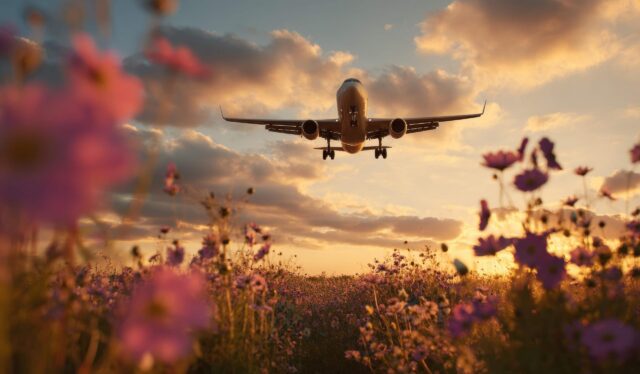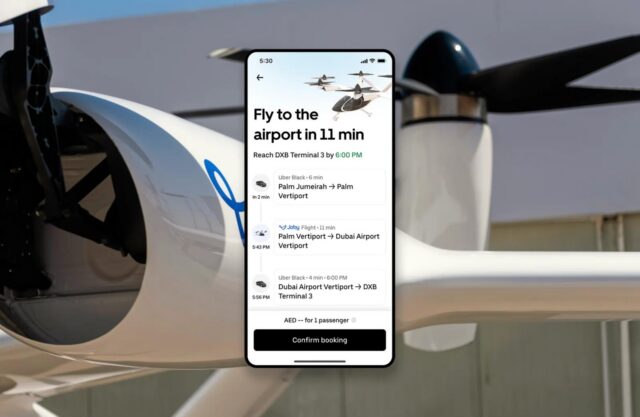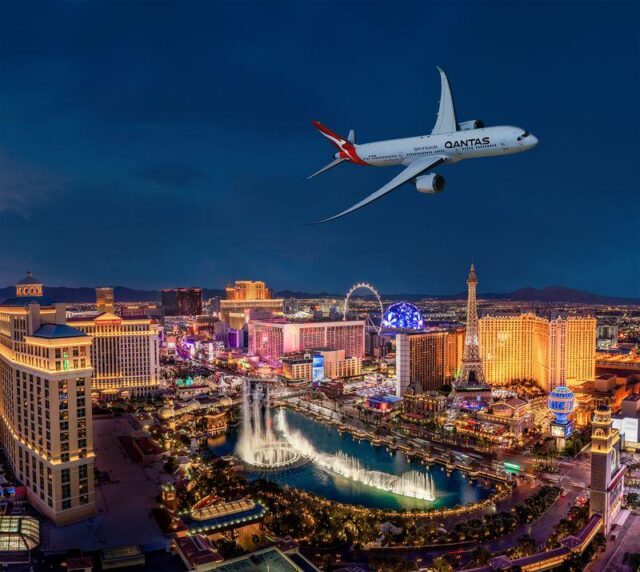Passengers see flight disruption as a growing problem and feel there is significant room for improvement in airlines’ care at such times, with some uses of technology running contrary to public acceptance.
These are the findings of a new study by ground transportation and accommodation specialist CMAC Group, which surveyed opinion amongst 1,100 UK adults who had taken at least one return flight in the last year.
According to the research, two thirds (66%) of travellers believe flight disruption has become worse over the past couple of years, with 23% believing it has become significantly worse.
The majority of travellers (78%) experienced flight delays, with half of those delays reported to be in excess of three hours, including 10% of respondents delayed by more than 12 hours or never actually reaching their destination.
How public views disruption
Although Covid-19 is seen by respondents as the main cause of disruption, the other four top perceived causes – crew shortages, crew strikes, cost-savings and flight overbooking – are the responsibility of the airline and may therefore have a larger sway on negative customer perceptions.
Importantly, almost half (46%) of UK travellers say their experience of flight delays or cancellations has made them less inclined to fly with the airline involved in the future.
How airlines deal with passengers at such times is therefore influential on customer loyalty. The study reveals that although 63% feel the introduction of automated technology has improved the passenger experience at airports, when travel plans are disrupted the overwhelming majority (82%) want to deal with human beings rather than automated, self-service solutions.
Technology has an important role to play
Peter Slater, CEO, CMAC, said: “Technology has an important role to play for the travel industry and passengers are generally appreciative of how automation is streamlining the experience in airports. When things go wrong, however, our research shows that nothing can replace the human touch.
“For airlines, it’s clear that winning consumer confidence and demonstrating a willingness to put things right when flights are cancelled or delayed – with a real person on hand – can offer a crucial competitive advantage.”
Subscribe to the FINN weekly newsletter
You may also be interested in:
650 million hours ‘wasted in 2022 due to flight disruptions’
















